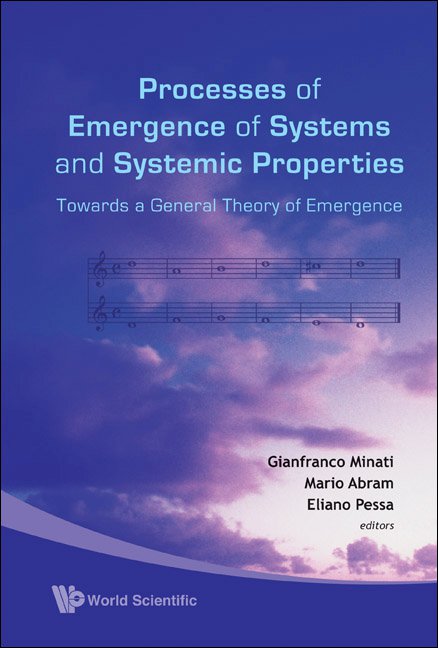BIDIMENSIONAL TURING MACHINES AS GALILEAN MODELS OF HUMAN COMPUTATION
The main ideas of this paper were first presented at the seminar "Prendere Turing davvero sul serio", Poligono delle Idee Seminar Series, Dip. di Scienze Pedagogiche e Filosofiche, Università di Cagliari, October 21, 2005.
Even though simulation models are the dominant paradigm in cognitive science, it has been argued that Galilean models might fare better on both the description and explanation of real cognitive phenomena. The main goal of this paper is to show that the actual construction of Galilean models is clearly feasible, and well suited, for a special class of cognitive phenomena, namely, those of human computation. I will argue in particular that Turing's original formulation of the Church-Turing thesis can naturally be viewed as the core hypothesis of a new empirical theory of human computation. This theory relies on bidimensional Turing machines, a generalization of ordinary machines with one-dimensional tape to two-dimensional paper. Finally, I will suggest that this theory might become a first paradigm for a general approach to the study of cognition, an approach entirely based on Galilean models of cognitive phenomena.



